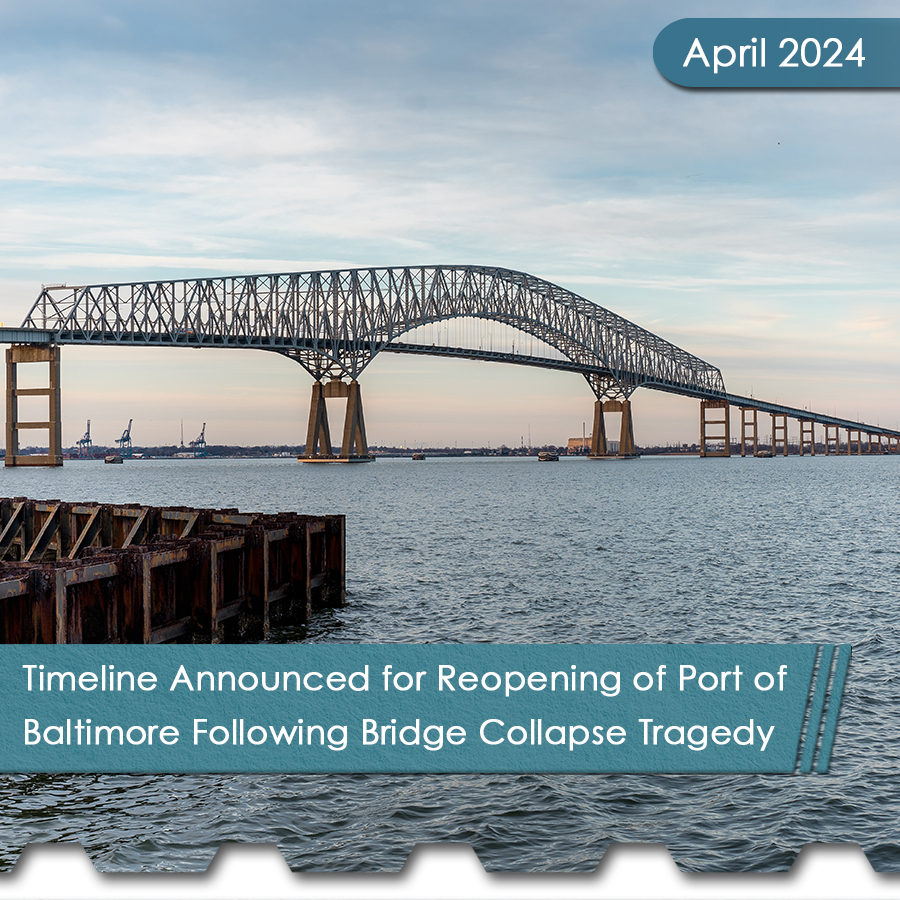Overview
Cheap shale gas, $20 oil, and the feds not raising the interest rate, at least not immediately, means exciting news for the chemical industry. Economists, analysts and financial pundits appear to concur that the chemical industry will enjoy in the neighborhood of 4% growth this year if all indices bear fruition.
Chemical companies are taking advantage of the low prices brought on by the confluence of near-perfect market conditions as the proverbial tide could turn at any time when oil prices recover. Meanwhile, the cheap gas is creating jobs while the cheap oil is shutting down wells and causing layoffs. The marketplace is highly volatile in every sense of the word, and everyone from investors to manufacturers and consumers is proceeding with caution as many enjoy the respite from a recessive economy.
The economic boom does not, however, come without a price. The constant battle between industry and government regulators is alive and well and showing no signs of subsiding any time soon. Instead of reconsidering projects like the Keystone XL pipeline, our lawmakers are proposing the strengthening of freight rail regulations. Apparently, the disasters of the last two months weren’t enough to initiate the introduction of common sense. And, of course, the EPA wouldn’t want to be upstaged, so it is flexing its muscles by proposing more pending regulations on the chemical industry under the guise of anti-terrorism precautions. But the new rules are uncertain, pending, and being discussed and rehashed, making it difficult for manufacturers to make the necessary investments required to comply with possible new rules.
Critics Oppose New Regs for Fracking On Federal Land
A recent Fox news article reported that new regulations by the Obama administration required fracking companies drilling on federal lands to disclose the chemicals they use in the controversial process. GOP lawmakers blasted the announcement saying it was “yet another attack on American jobs”. The mandate could slow the U.S. energy boom.
NACD Urges DOT to Withdraw Proposal
A National Association of Chemical Distributors (NACD) article announced that they filed comments with the U.S. Department of Transportation’s Pipelne and Hazardous Materials Safety Administration (PHMSA) urging the agency to withdraw a proposed rule that would prohibit the shipment of two or more chemicals in the same vehicle.
The proposal specifically would prohibit the transportation or offering for transportation materials in the same transport vehicle (e.g., a trailer, a rail car), with another material that could cause a dangerous evolution of heat or flammable or poisonous gases or vapors or produce corrosive materials if mixed.
Congress Moves to Strengthen Freight Rail Regulation
According to an article in Roll Call, a bipartisan proposal by Sen. John Thune, R- S.D. and Sen. Bill Nelson, D – Fla., the chairman and ranking member of the Commerce, Science, and Transportation Committee, is in response to complaints that Bakken oil from North Dakota, which is shipped by rail, is causing shipments of other commodities from cherries to corn to iron ore to be delayed.
Their bill would expand the board from three to five members, give it new investigatory authority, and require the board to create a database of shippers’ complaints and quarterly reports.
National Association of Chemical Distributors president Eric Byer said, “Chairman Thune has worked hard over the years to ensure a level playing field for rail shippers, which includes 40 percent of all chemical distributors. NACD thanks him for being committed to holding the railroad industry accountable….”
Consumer Spending Boosts Chemical Industry Growth
According to an ICIS Chemical Business report, the American Fuel & Petrochemical Manufacturers predicted that the U.S. chemical industry should grow by 4% this year – its best rate in years – because key end-use markets will either continue to expand or start to recover. However, not all end-use markets will prosper this year.
The decline in oil prices has caused a sharp drop in oilrig count, which will lower demand for oilfield chemicals. The decline could leave some companies with high-cost inventory on their books.
Meanwhile, the strengthening dollar will make exports more expensive – although US producers will likely maintain their feedstock advantage.
EPA Rules Threaten U.S. Petrochemicals Sector
An ICIS Chemical Business report announced that the legislative outlook for the US chemicals sector looks better in 2015 than it has for years, but the horizon is still clouded by multiple pending rules from the US Environmental Protection Agency (EPA).
Even before the New Year dawned, the industry secured an important legislative goal when the House in December 2014 gave final congressional approval to legislation extending the federal mandate for chemical facility anti-terrorism precautions for a full four years. President Barack Obama has since signed the measure into law.
However, since 2007 the CFATS program had been renewed chiefly with annual votes by Congress, a practice that chemical manufacturers complained has created continuing uncertainty about the rules, making it difficult for plant operators to make long-term investments to meet those federal standards.
Cheap Shale Gas Means Record Growth for U.S, Chemical Industry
A Bloomberg article by Jack Kaskey reported that Dow Chemical is among companies planning to build crackers, industrial plants typically costing $1.5 billion apiece that process hydrocarbons into ethylene and other synthetic materials. The new crackers will be the first to be built in the U.S. since 2001 and the largest wave of additional capacity, John Stekla, a director at Chemical Market Associates Inc., a Houston-based consultant, said in an interview.
Driving the renaissance is the plunge in the price of natural gas, used in crackers as a raw material, to a nine-year low.
“The U.S. now has investment-grade economics, and because of shale we are going to lock those economics in,” Dow Chief Executive Officer Andrew Liveris said. “We can grow our Americas base off our U.S. Gulf Coast assets. That is a big change.”






